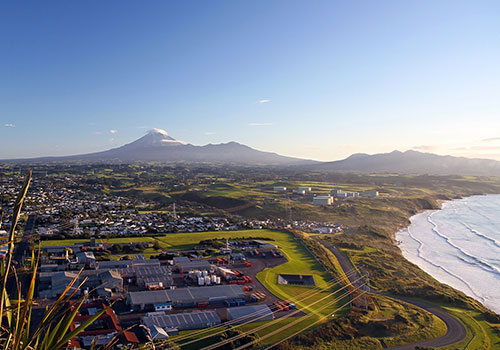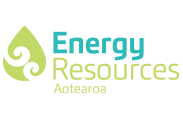Iwi
- In this section:
While the majority of oil and gas activity has taken place in Taranaki, increased exploration outside that region has bought the industry into much wider contact with the network of iwi groups and organisations, directly and indirectly.
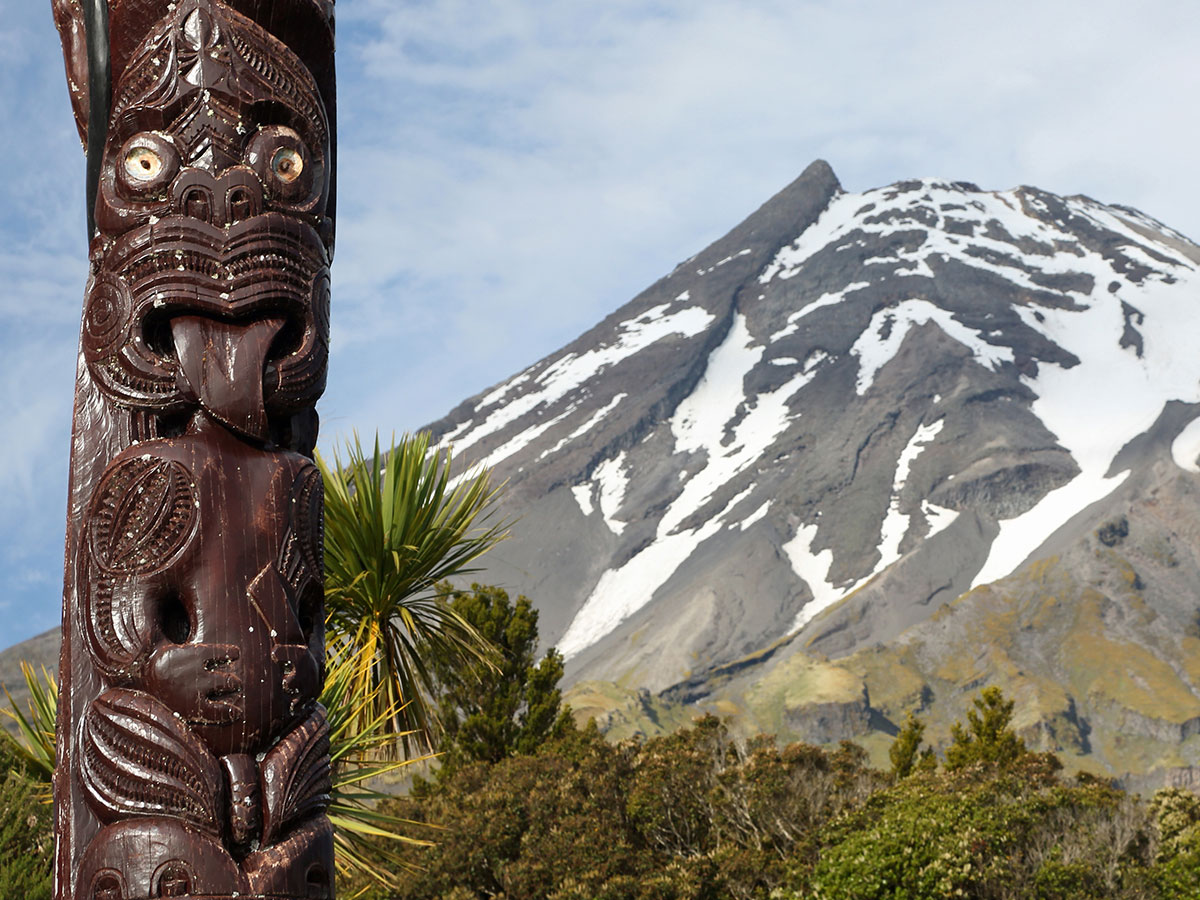
Māori and the oil and gas industry
1
What does oil and gas mean for Māori? Dion Tuuta offers a perspective.
Tangata whenua are a key stakeholder within the oil and gas sector due to their unique status as confirmed by the Treaty of Waitangi and their ancestral relationship with the wider environment within which oil and gas exploration take place.
Connection to the land
Taranaki Māori identity is intimately tied to the land and environment.
This relationship is personalised to the extent where Māori identify themselves in relation to key environmental features including the mountains and waterways. While the confiscations of the 19th century impacted upon Taranaki Māori land ownership, the cultural relationship with the environment remains such that Māori continue to view themselves as kaitiaki of the environment irrespective of ownership. This powerful position of Māori continuing to hold kaitiaki responsibility to the environment is a key factor in considering Māori attitudes to the oil and gas sector or any industry affecting the environment.
General Perceptions
There is no single definitive Taranaki Māori view on the oil and gas industry but there are a number of general observations and themes which might be made regarding Māori responses to oil and gas which can be categorised into four broad and overarching positions.
As a general proposition most Māori responses to oil and gas are likely to sit somewhere along this general continuum of views. It is important to note that while Iwi entities may express a particular policy position, hapū sub-groupings and non-tribal Māori organisations and land owners may take a different view depending on a range of factors. One such factor might include the quality of local level engagement with companies which seek to operate within their specific area of interest and whether this derives local benefit.
Also while tribal collectives may express a particular collective position, individual Māori (including members of those same tribal groups) are free to express their own view which may sometimes be in direct contrast to the wider group.
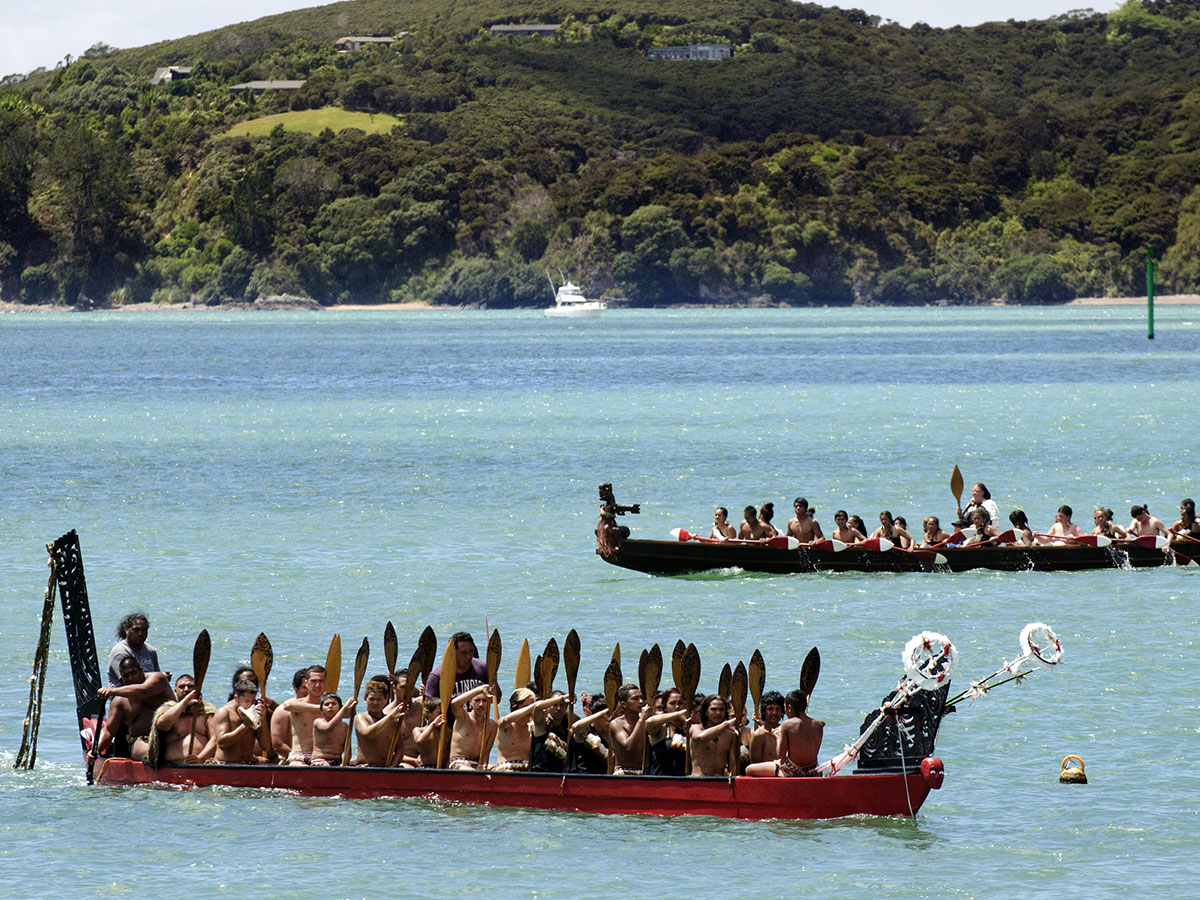
The Treaty
The first sits within the context of oil and gas as a Treaty-based discussion on the ownership of the underlying resource. Most tribal groups maintain a view that the Treaty of Waitangi guarantees Māori rights to control their taonga – including natural resources such as oil as gas. While the Crown asserts the right to manage these resources on behalf of all New Zealanders this is not necessarily a position shared by Iwi and various Taranaki Iwi have pursued claims against the Crown to the Waitangi Tribunal seeking ownership of the resource. The Crown holds the view that oil and gas is a national asset to be managed on behalf of all New Zealand.

The environment
A second position regards oil and gas as an environmental issue which demands that the traditional relationship with the environment be protected at all costs. This position sees the development of oil and gas resources for economic gain to be detrimental to the environment and effectively non-Māori in worldview.
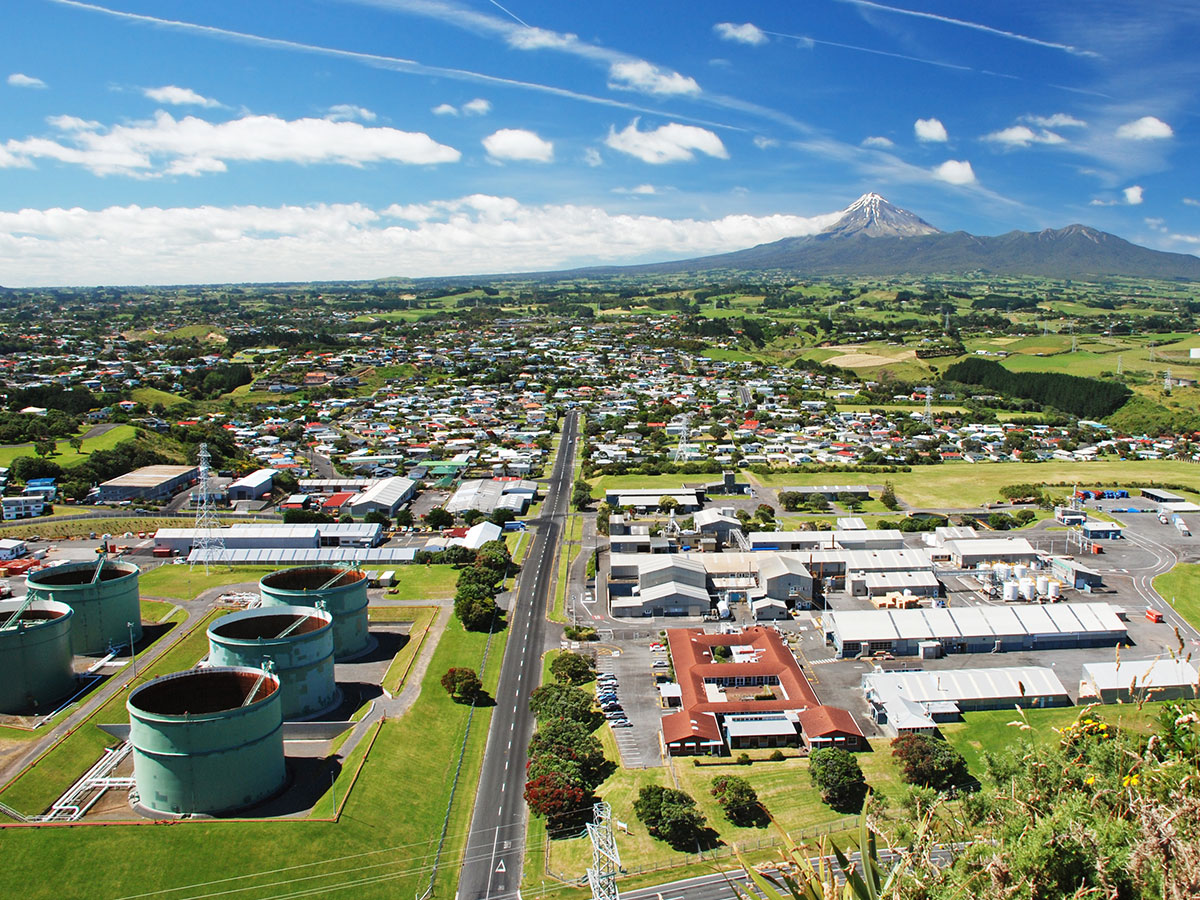
The Economics
A third general position accepts oil and gas as presenting economic potential provided that environmental risks can be managed and protections guaranteed. While a case can often be made for the potential economic opportunities for Māori in the oil and gas sector this requires an understanding of the risk and opportunities involved and a willingness to participate, potentially at the risk of exposure to criticism that it is seeking economic profit at the expense of Papatuanuku.
Examples of Taranaki Māori appetite to explore this opportunity include Ngati Ruanui taking a small investment in New Zealand Energy Corp and Otaraoa hapū beginning a catering business to provide services to Todd Energy and provide employment for their people.
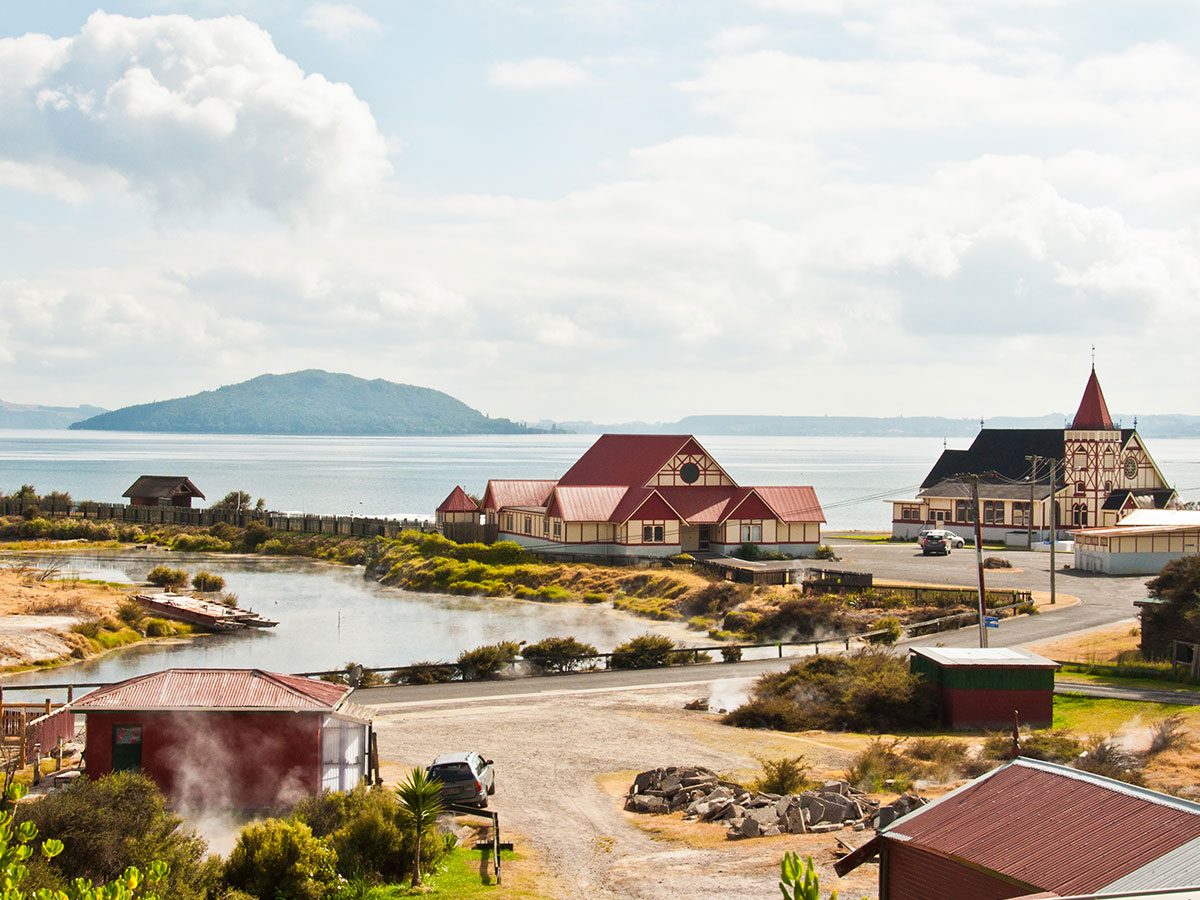
Unknowns
A fourth perspective might be expressed as those who feel they lack sufficient information to make an informed choice and therefore prefer not to articulate a clear policy position.
Collective and individual views
The expression of Māori collective views on oil and gas is generally conveyed through mandated tribal governance entities, modern iterations of which have evolved as a response to the Treaty settlement process.
The majority of these formal representative structures are less than 20 years old but have inherited the responsibility of managing a wide range of tribal activities including economic and social development as well as cultural revitalisation.
The leadership of modern tribal entities is predominantly drawn from the registered tribal membership through election processes. Tribal entities have taken on responsibility for articulating the tribal view of environmental issues in response to various pieces of legislation including the Resource Management Act, Crown Minerals Act and the Petroleum Act.
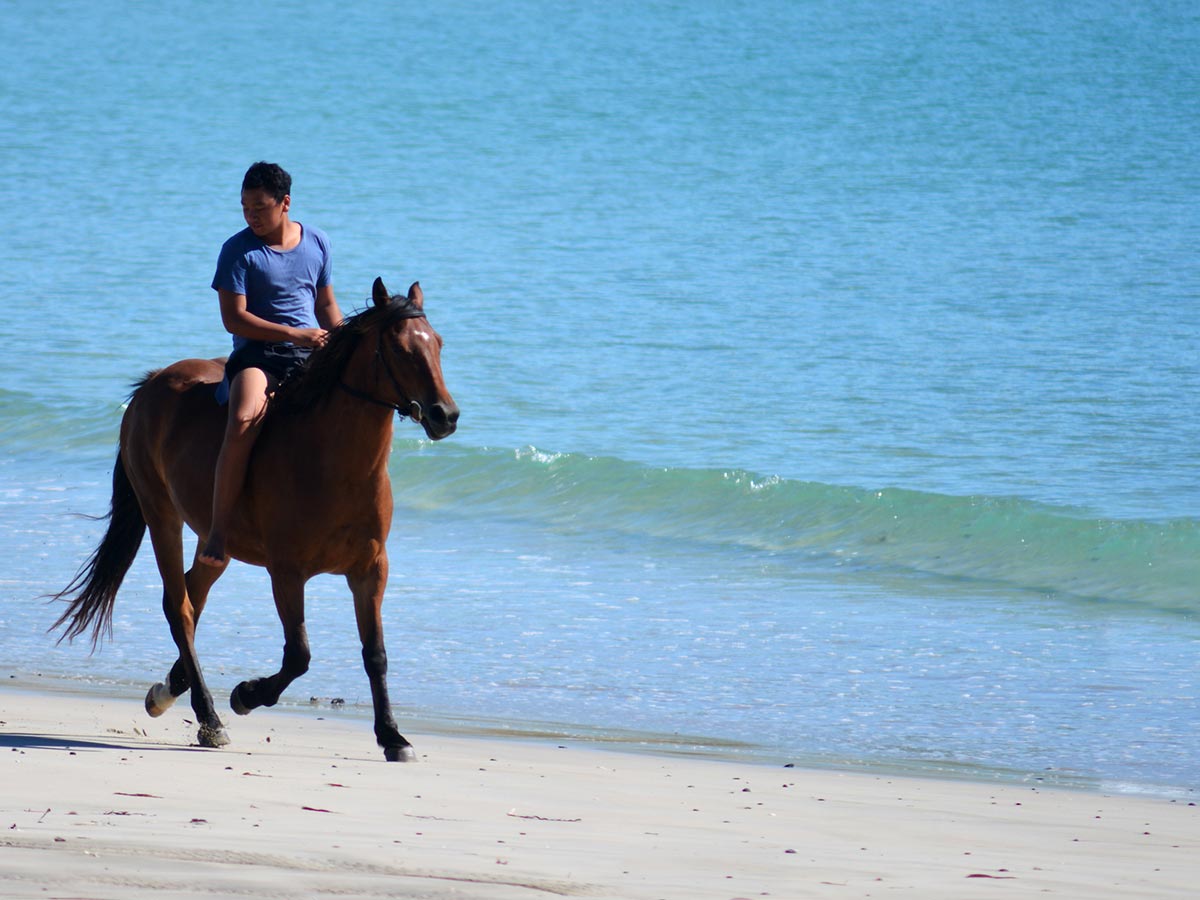
Tribal policy positions are informed by the quality of information its leadership has access to and their ability to interpret the information and form a judgment. Tribal leadership’s responses to oil and gas will also be directly affected by their own personal views of the industry and their particular interpretation of the balance between economic and environmental concerns and their interpretation of what this means within a modern tikanga Māori context.
Current attitudes to the oil and gas and energy sector in Taranaki can be contrasted with those of Māori located in the Central North Island who have developed their geothermal resources for energy production. While geothermal resources are more sustainable than oil and gas – and a direct comparison is therefore not strictly appropriate – the key principle is one of Māori exercising tino rangatiratanga over their resources to improve opportunities for their people subject to ensuring the environment is protected.
An important difference in Central North Island Māori participation in the geothermal sector is their ownership of the land where the resource is located. This is denied to the majority of Taranaki Māori tribal groups by virtue of the historical land confiscations depriving them of land ownership and therefore control over the areas where exploration takes place.
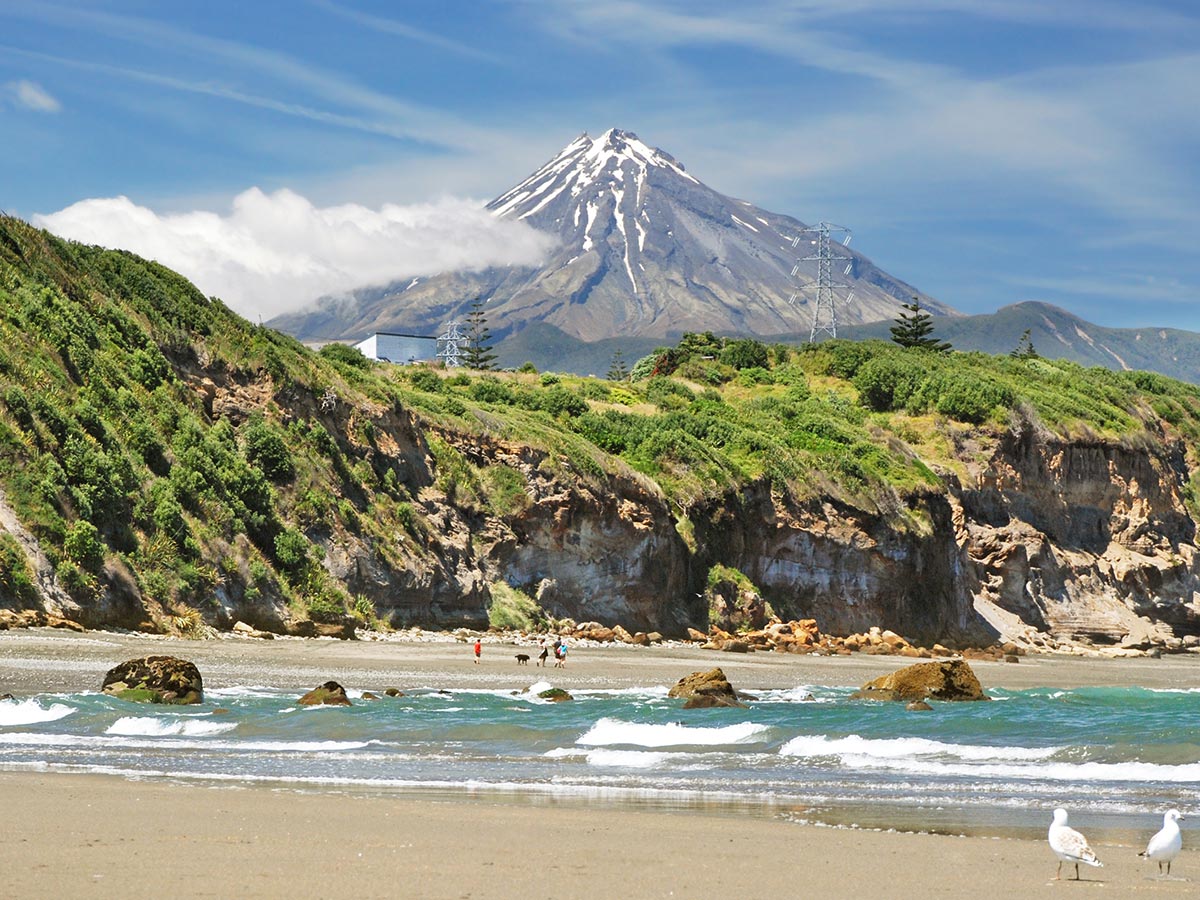
It is important to note that while Iwi entities may express a particular policy position, hapū sub-groupings and non-tribal Māori organisations and land owners may take a different view depending on a range of factors. One such factor might include the quality of local level engagement with companies which seek to operate within their specific area of interest and whether this derives local benefit.
Also while tribal collectives may express a particular collective position individual Māori (including members of those same tribal groups) are free to express their own view which may sometimes be in direct contrast to the wider group.
Many Taranaki Māori individuals are actively involved in the oil and gas sector as employees of oil and gas companies or business owners servicing the wider industry in their own right.
Māori collective perceptions and reactions to the industry may evolve over time based on a number of factors including the views of its elected leadership and their growing understanding of the sector as well as the quality of relationships between Māori and oil and gas sector representatives.
This may evolve as tribal groups consider whether to seek economic opportunity within the sector but will continue to be underpinned by ongoing concern regarding industry impact upon the environment.
Iwi engagement in legislation
2
Engagement between the oil and gas industry operators and Māori is of critical importance and enshrined in New Zealand’s regulatory framework – including the Crown Minerals Act 1991.
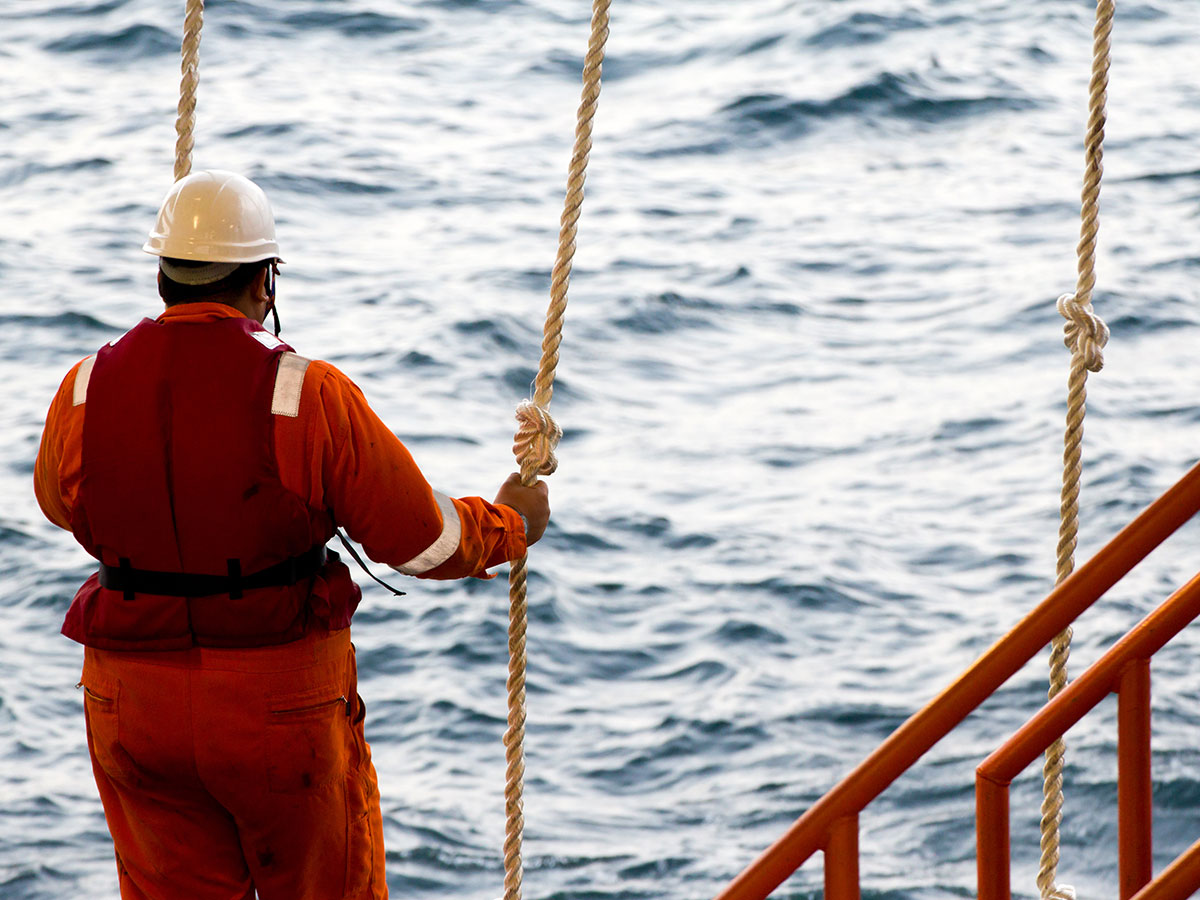
Engagement in the Prospecting phase
Applications for Prospecting Permits are assessed by New Zealand Petroleum and Minerals (NZP&M), the responsible government agency, based on the proposed work programme, and technical and financial capability of the companies concerned. As part of this process, NZP&M consults with the relevant iwi and hapū according to established guidelines and principals.
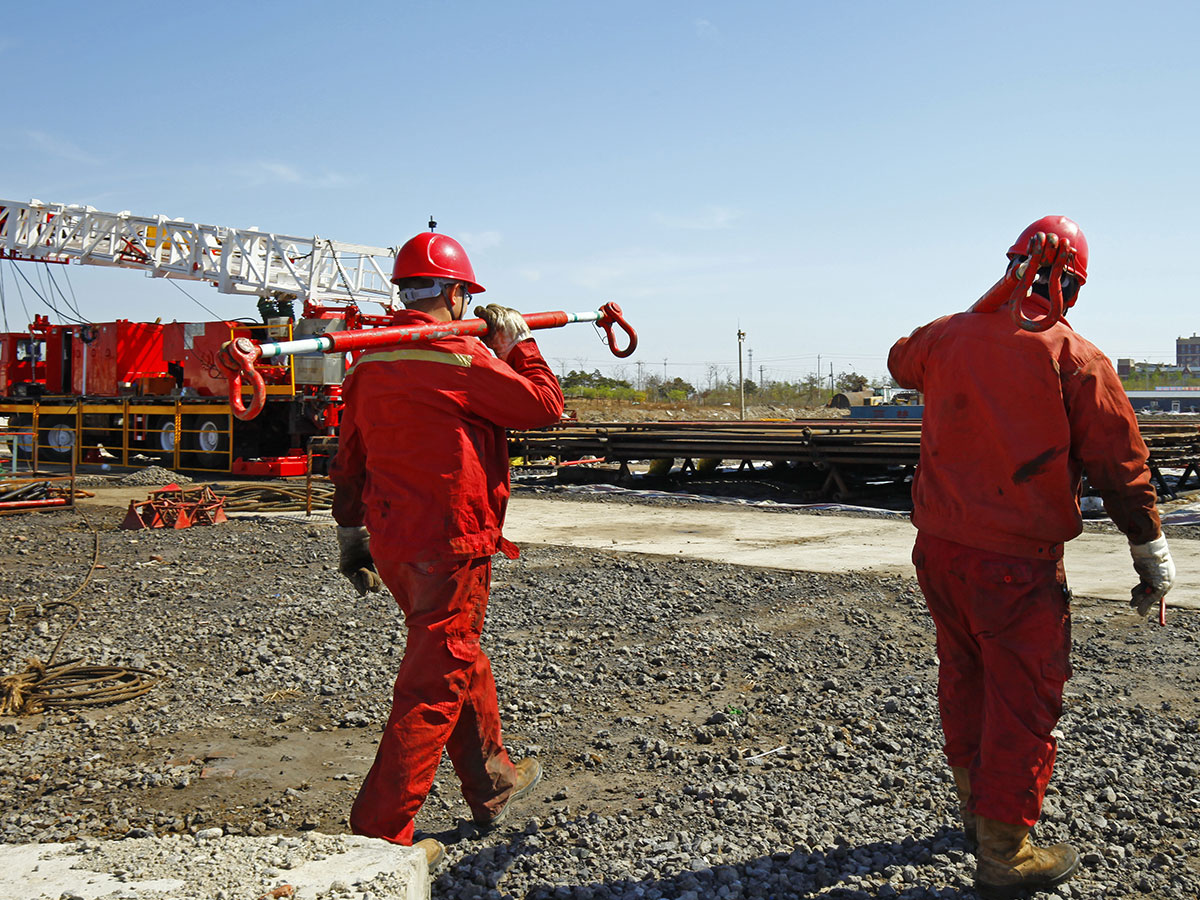
Engagement in the Exploration phase.
When companies decide to explore for oil and gas, they need to apply to NZP&M for an Exploration Permit. This is generally done through the ‘Block Offer’ process, where pre-arranged areas of land and sea are identified and made available by the New Zealand Government for interested oil and gas companies to apply for.
When the government is preparing these annual block offers, NZP&M consults with iwi, hapū and councils concerned according to established guidelines and principals.
Learn more about the Crown's consultation with local government and stakeholders
When considering Block Offer areas, NZP&M are required to take into account:
- Matters raised by iwi and hapū
- Exercise of customary marine title or of protected customary rights under the Marine and Coastal (Takutai Moana) Act 2011
- Whether the area is already adequately protected under other legislation – for example, Resource Management Act 1991, Conservation Act 1987 or Heritage New Zealand - Pouhere Taonga Act 2014
- Size of the area and the value of the potential resource affected if the area is excluded
- Impact on the viability of undertaking work under a permit if activities within certain areas are subject to additional requirements
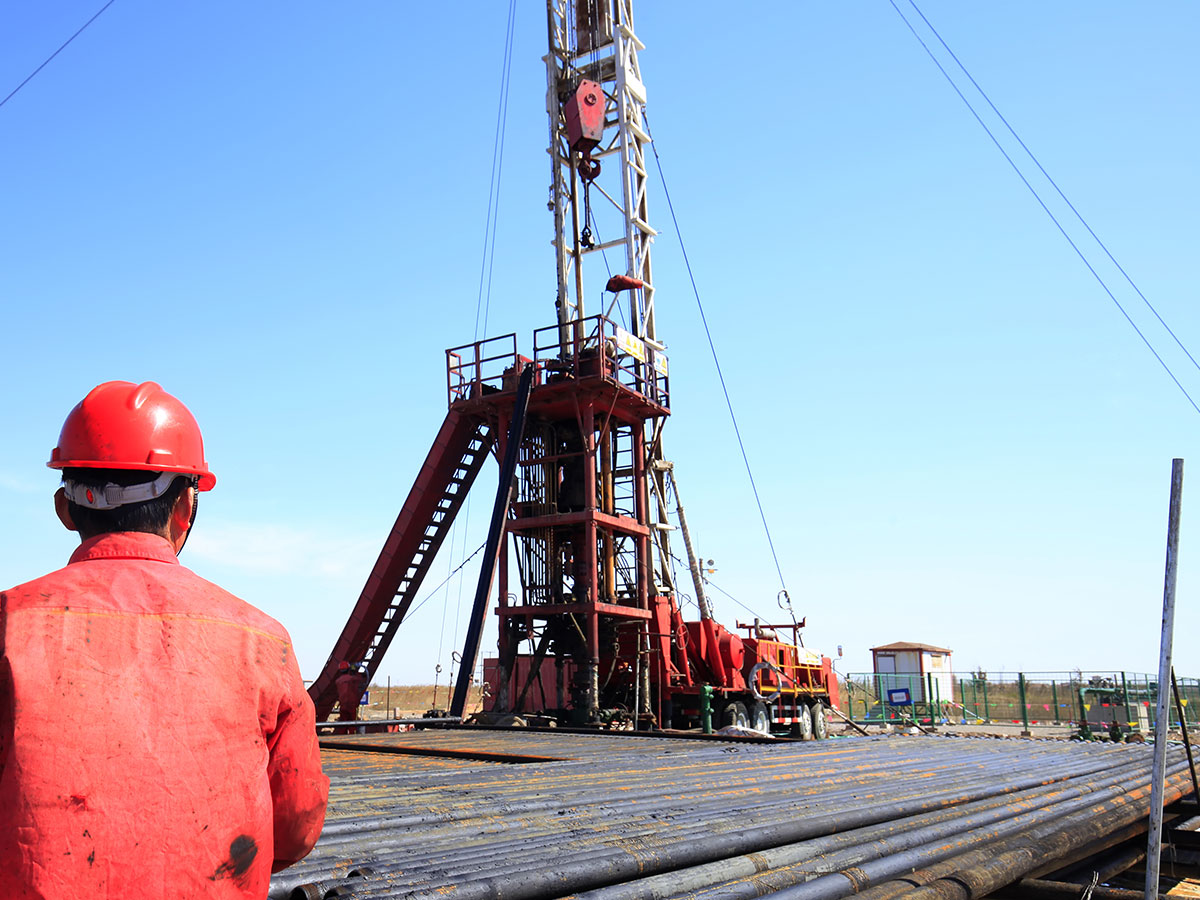
Engagement during the Production phase.
Annual reporting on iwi and hapū engagement
All permit holders need to annually report their engagement with iwi and hapū whose rohe includes some or all of their permit area, or who otherwise may be directly affected by their permit.
The purpose of the report is to enable NZP&M to monitor permit holders engagement with relevant iwi and hapū.
Additionally, the report is one of the agenda items on the annual work programme review meetings between permit holders and NZP&M. NZP&M will take into account any comments received from iwi and hapū on a permit holder’s engagement with relevant iwi and hapū.
Furthermore, NZP&M believe constructive engagement with iwi and hapū is an important part of responsible resource development.
Permit holders are also required to annually report their engagement in this manner during the exploration phase.
Industry based engagement
3
Oil and gas companies acknowledge the role of iwi as mana when and the importance of building enduring relationships with iwi and hapū.
One example of this relationship building is the engagement with the Ngati Rahiri hapū which lead to the training of New Zealand's first iwi Marine Mammal Observer.
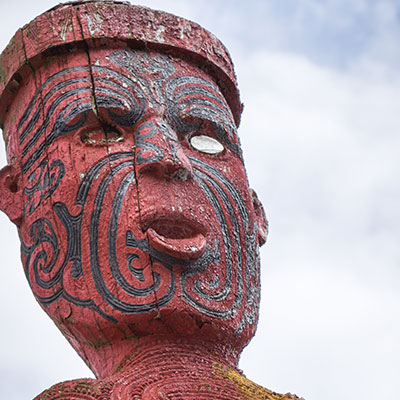
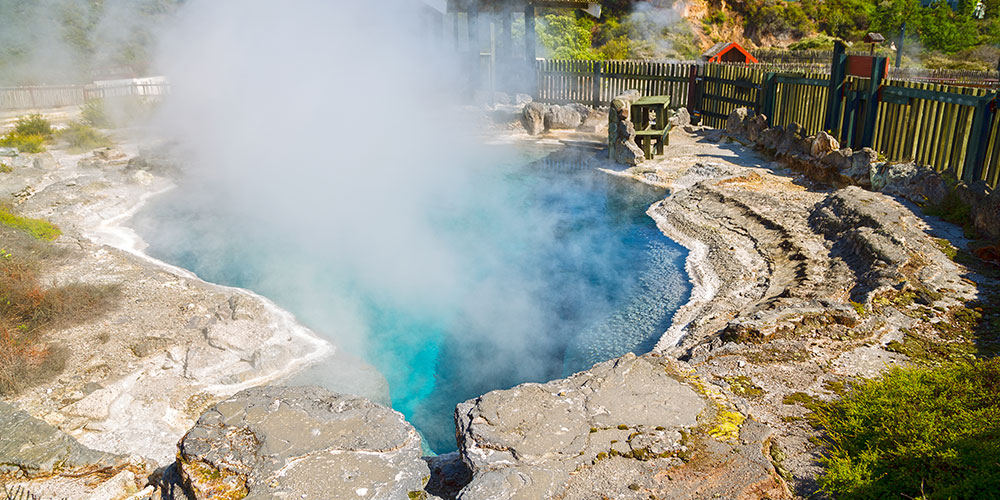
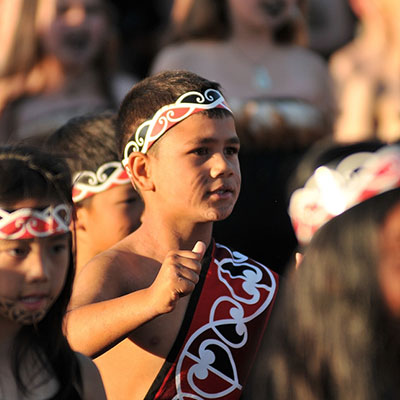
Some iwi are more directly involved in the oil and gas industry
5
12.5% of upstream oil and gas workers identify as Māori according to 2013 Census statistics
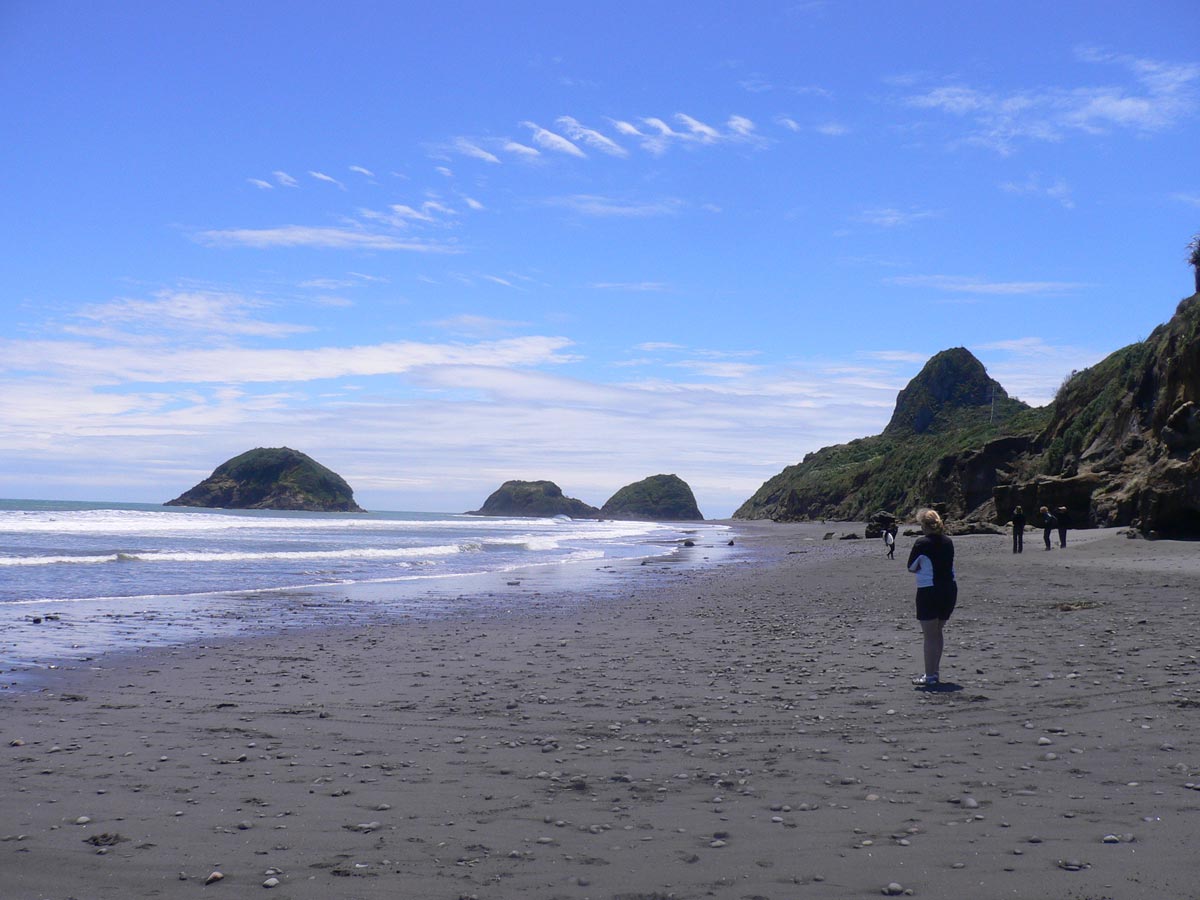
Ngāti te Whiti hapū
Own shares in Greymouth Petroleum Limited Port field.
Te Rūnanga o Moeraki
Own shares in New Zealand Oil and Gas (NZOG).
Ngāti Rāhiri hapū
Members of the iwi were responsible for oil spill response and enforcement on the Pohokura project as part of the ‘Cultural Impact Assessment’ reporting process along with construction compliance monitoring.
Ngāruahine iwi
Members of the iwi were responsible for ‘Cultural Impact Assessment’ reporting on the Kupe project, along with construction compliance monitoring.
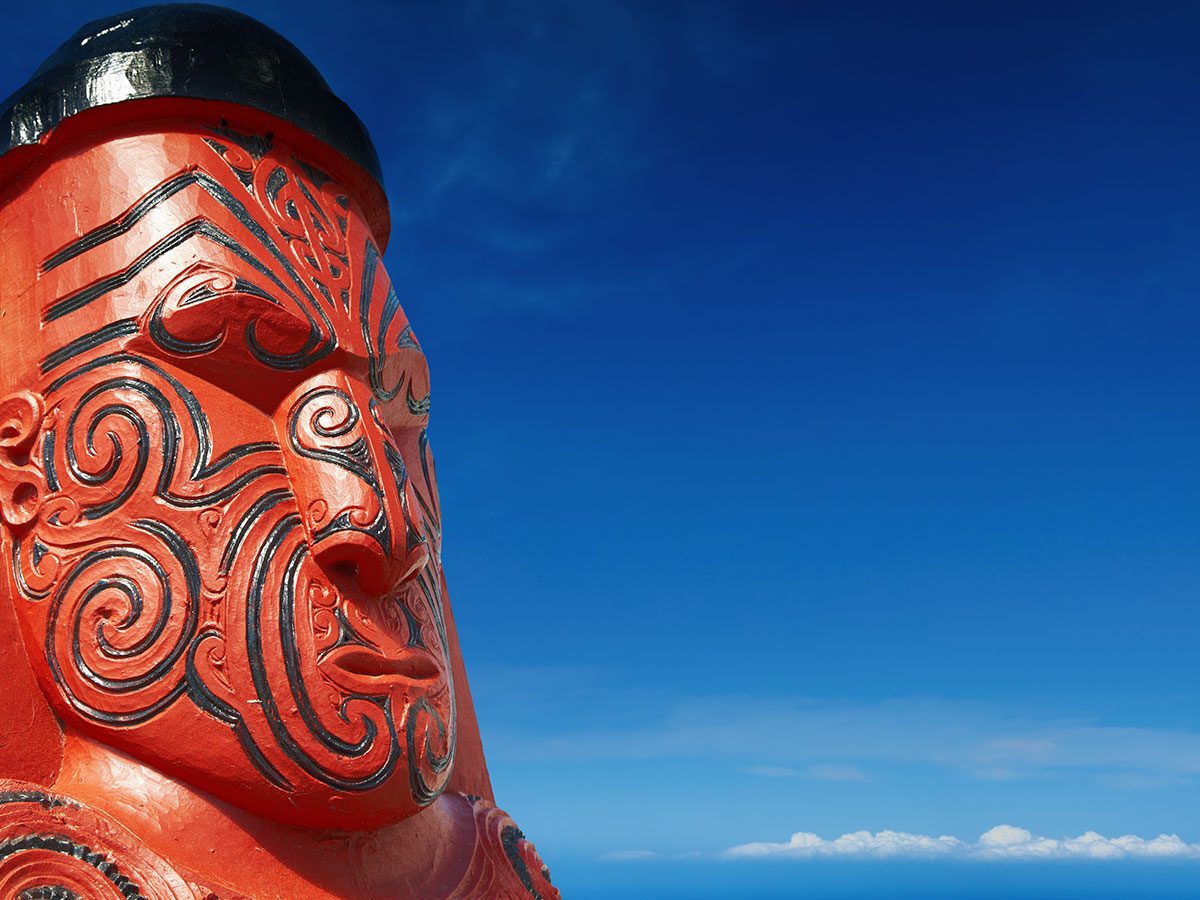
Independent consultants
A number of individual Māori act as consultants on iwi matters for oil and gas companies looking to integrate iwi concerns and cultural realities into their business case and to meet their ongoing regulatory and engagement obligations.
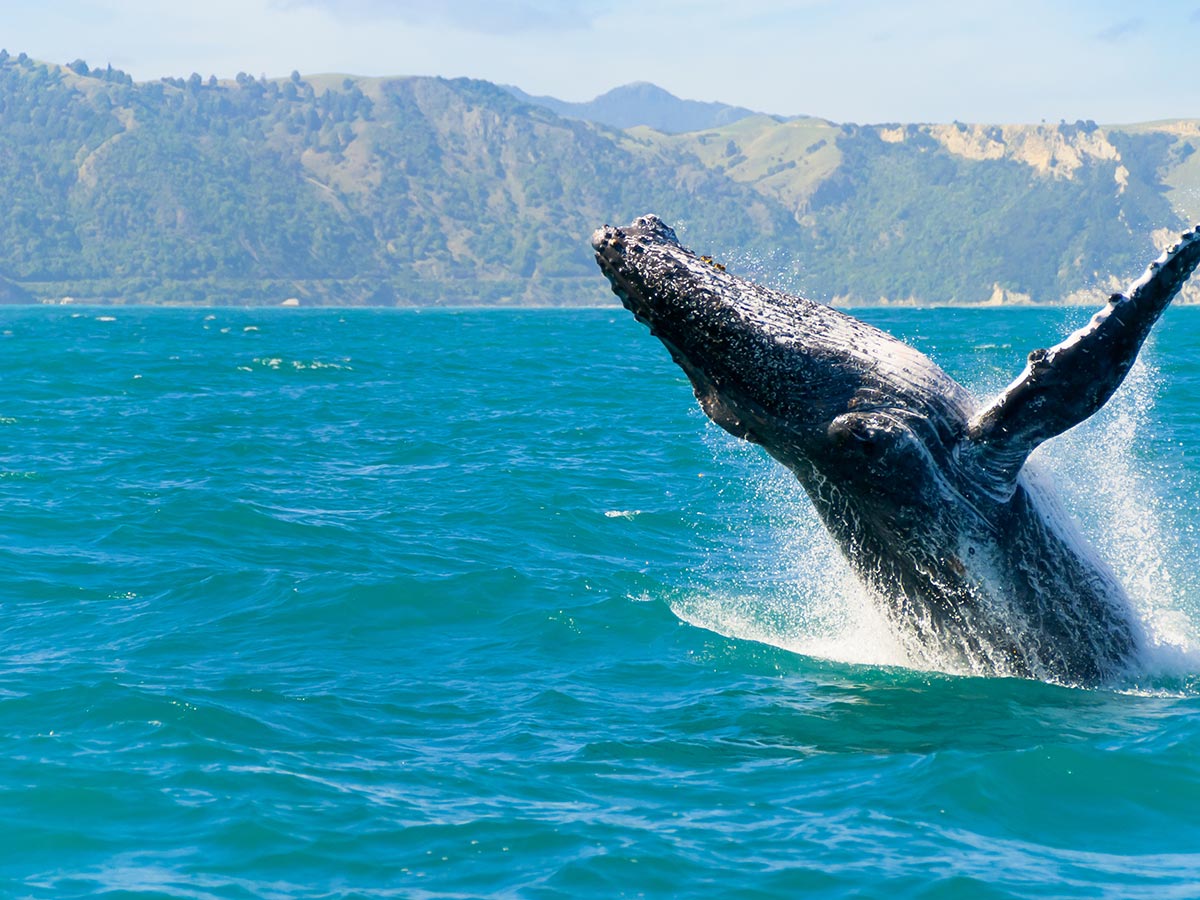
Marine Mammal Observer (MMO/PAM) programme
6
Operators undertaking off-shore seismic surveying are required to have two independent Marine Mammal Observers (MMOs) and two Passive Acoustic Monitoring operators (PAMs) on board their vessels, to record all observations of marine mammals before and during operations and shutdown the survey should mammals come to close.
In 2015, the industry and iwi came together to develop an industry-funded training programme, which saw 16 iwi candidates from nine separate iwi from around New Zealand participate in the inaugural iwi Marine Mammal Observers and Passive Acoustic Monitoring observers training course.
This provided a unique opportunity for iwi and the oil and gas industry to work together on a new initiative that recognised the kaitaiki relationship iwi have with their environment.
The 16 candidates were all leaders from within their iwi and vocal supporters of their environmental and cultural traditions, allowing iwi to have a tangible expression of kaitiakitanga over activities in their rohe in a meaningful way.
The initiative provided a practical opportunity for iwi to have a significant and ongoing role in exploration activities, as well as ensuring their environment is protected.


